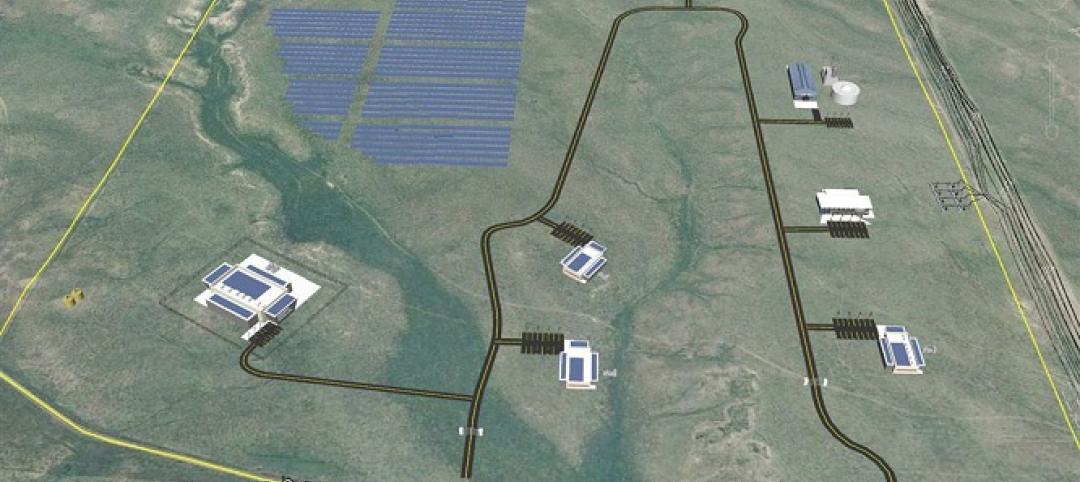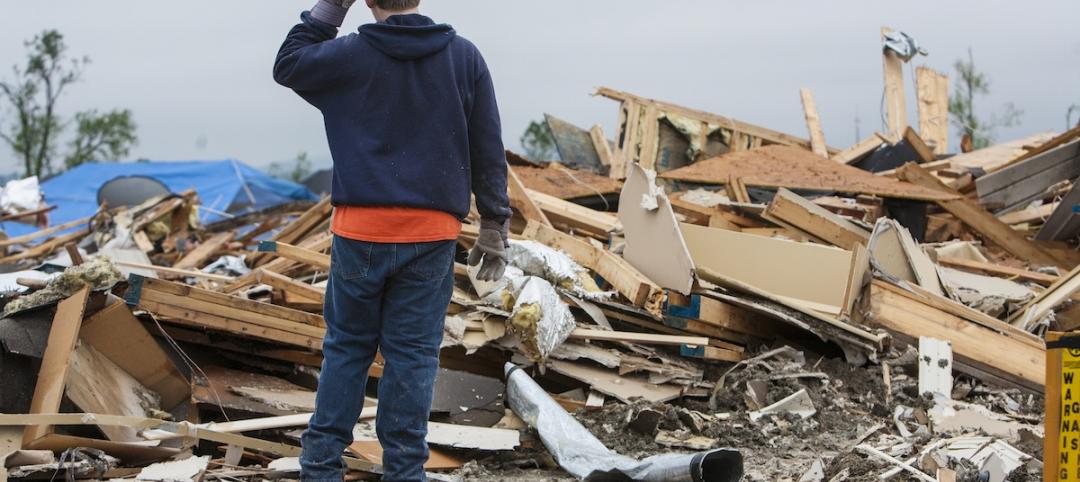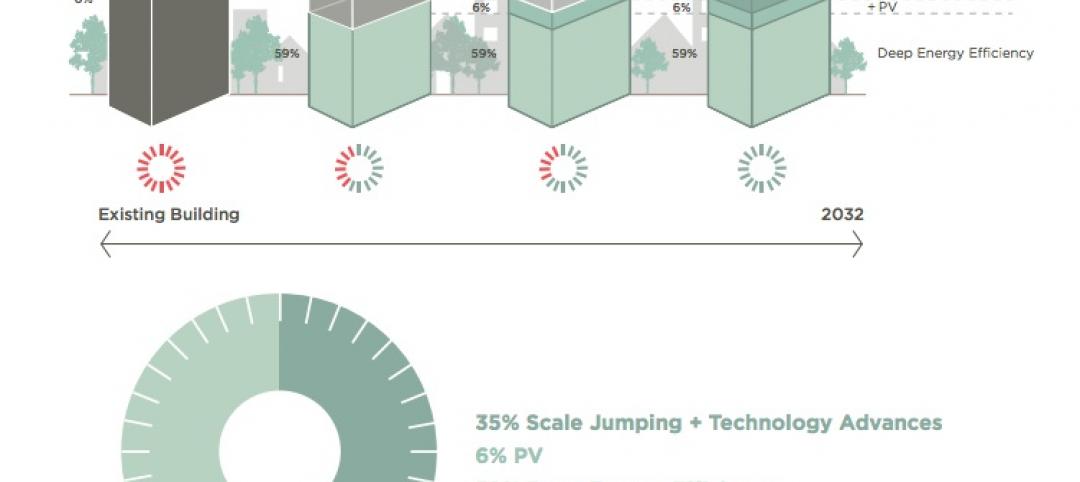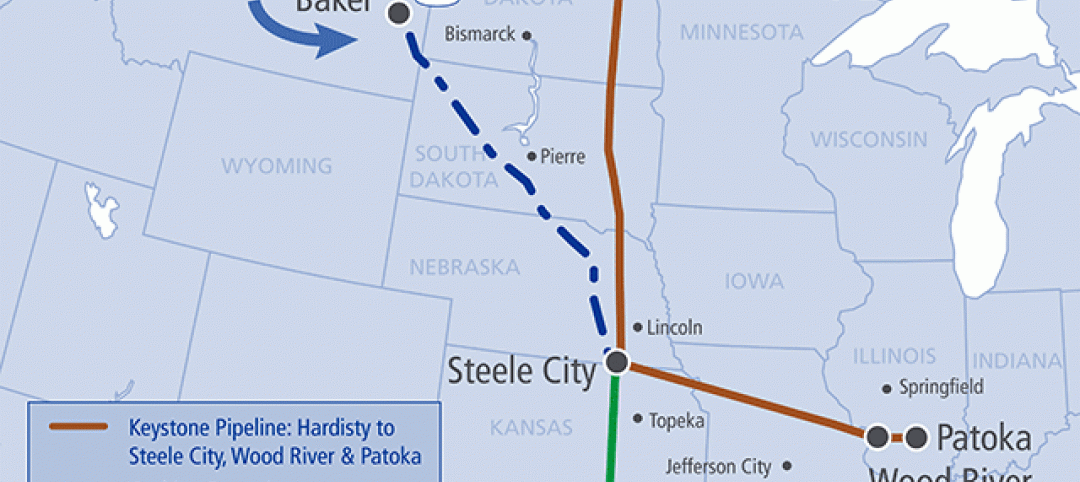The construction industry and real estate development could be hampered by the U.S. Congress’s failure to renew the Terrorism Risk Insurance Act (TRIA).
Insurance industry experts say without federal terrorism reinsurance in place for 2015, resulting canceled property/casualty insurance coverage and market chaos could be disruptive to the economy.
"A major terrorist attack occurring without a TRIA law on the books will be far more disruptive to the U.S. economy than one where TRIA is in place," saidInsurance Information Institute President Robert Hartwig. “Terrorism insurance policies are going to lapse in 2015, and insurers will be under no obligation to renew them, adversely impacting the construction, energy, and real estate industries, among others.”
Federal terrorism reinsurance had helped stabilize the market in the wake of the Sept. 11, 2011 terrorist attacks, and it had been renewed several times since. There was widespread bipartisan support for TRIA renewal, but retiring U.S. Sen. Tom Coburn, an Oklahoma Republican, held up passage. Coburn objected to a measure included in the bill that would have set up the National Association of Registered Agents and Brokers, an entity that would have potentially bypassed state regulators.
One positive sign: A.M. Best said it “has determined that no rating actions on insurers previously identified as over-reliant upon [TRIA] are necessary at this time.” The rating agency said it reviewed action plans from insurance carriers addressing what they would do if TRIA was not renewed and concluded that “sufficient mitigation initiatives were developed to avoid a material impact on a rating unit’s financial strength.”
(http://www.insurancejournal.com/news/national/2014/12/18/350561.htm)
Related Stories
| May 22, 2014
ASHRAE releases best practice guide for liquid cooling systems in data centers
The publication provides guidelines on interface requirements between chilled-water systems and technology cooling systems and on the requirements of liquid-cooled systems that attach to a datacom electronics rack.
| May 22, 2014
Colorado approves $4.2B data center said to be invulnerable to power outages
The Niobrara Data Center Energy Park project in Colorado will be the first data center to be fully self-contained with its own self-generated energy production facility.
| May 22, 2014
Energy Department analysis shows efficiency gains from ASHRAE 2013 energy standard
Preliminary DOE analysis shows that the ASHRAE/IES’s 2013 energy efficiency standard contains energy savings over the 2010 standard of 8.5% source energy and 7.6% site energy.
| May 22, 2014
Federal disaster policy should focus on mitigation, insurance group says
Federal disaster policy should shift its focus toward mitigation in order to reduce future disaster costs, the National Association of Mutual Insurance Companies says.
| May 22, 2014
Study quantifies cost premiums for net zero buildings
The 73-page report breaks down the incremental cost premiums for transforming three LEED Platinum-designed buildings into net-zero energy, net-zero water, and living Buildings.
| May 22, 2014
Senate kills bipartisan energy efficiency bill over Keystone pipeline amendment
The legislation focused on energy efficiency standards such as water heaters with smart meters and cheaper heating and cooling systems for office buildings.
| May 19, 2014
Construction skilled-worker shortage causing rise in claims
The improved economy has boosted construction starts, but a shortage of experienced trade workers has led to more on-the-job injuries and construction defects.
| May 15, 2014
AISC Prequalified Seismic Moment Connection standard update now available
The AISC standard Prequalified Moment Connections for Special and Intermediate Steel Moment Frames for Seismic Applications (ANSI/AISC 358-10) has been updated with a second supplement, ANSI/AISC 358s2-14.
| May 15, 2014
ConsensusDocs releases new agreements for contractors who hire consultants
ConsensusDocs has released the new ConsensusDocs 746 Constructor & Geotechnical Consultant Agreement and the 747 Constructor & Consultant Agreement.
| May 8, 2014
Report: Top storm-resilient cities have high adaptive capacity
The most resilient cities in the world, including five in the U.S., have attributes that would enable them to recover better than others from devastating natural disasters.















